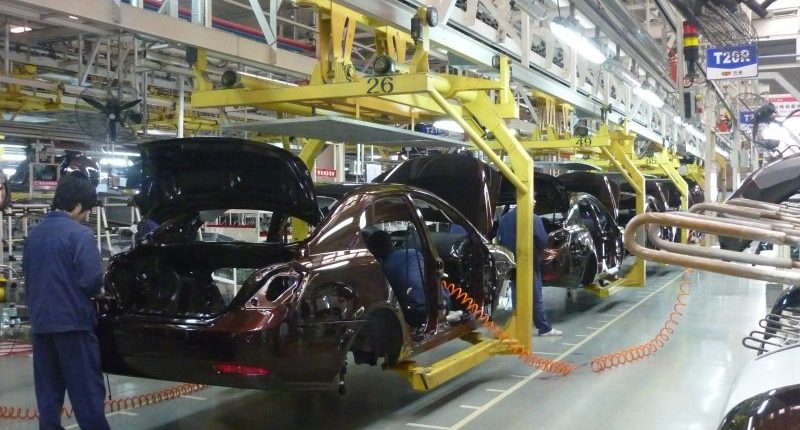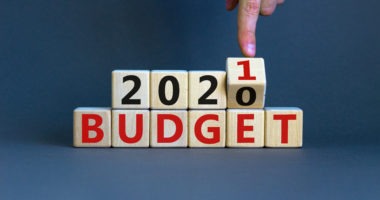The Indian auto industry is hopeful of recovering from the pain caused by COVID-19 pandemic in the year. The auto industry is also expecting the governmental reforms in the Budget 2021-22 and the recovering actions required.
The government had already rolled out schemes like ‘Production Linked Incentive’ (PLI), ‘Remission of Duties and Taxes on Exported Products’ (RoDTEP) and ‘Manufacture and Other Operations in Warehouse Regulations’ (MOOWR).
The PLI scheme is designed to incentivise incremental production of eligible entities, promote exports and substitute imports. Under the PLI scheme, the government has proposed an outlay of more than Rs.57,000 crore for the auto sector and an additional amount of Rs.18,000 crore for advanced chemistry cells used in EV batteries.
As the auto industry contributes 40% of India’s manufacturing Gross Domestic Product (GDP), the PLI scheme will boost the manufacturing activities and emphasises its significance in India’s growth and helps create jobs at a large scale.
Also Read: Finance Minister Launches the Union Budget App 2021
The Finance Minister Smt Nirmala Sitharaman has promised a ‘never before’ like Union Budget as the government looks to steer the economy which was hit by the pandemic and push the economic growth. In this scenario, the auto industry expects huge relief from Budget 2021-22 in direct and indirect taxation apart from various policy-level initiatives.
Usually, the Goods and Services Tax (GST) rates are proposed and determined by the GST Council, and the GST rate reduction is crucial for expediting the automotive sector’s growth. Due to social distancing norms and personal vehicle space, the industry has shown increasing personal mobility preference.
The government and the GST Council could make two-wheelers and entry-level cars cheaper by temporarily reducing the GST rate to 18% from the present 28% and lowering the compensation cess rates.
Further, removing restrictions to avail the Input Tax Credit (ITC) of GST paid on automobiles for businesses would make vehicles more affordable when used for business purposes. It also fulfils the primary intention of GST to eliminate cascading of taxes.
On similar lines, the vehicles’ escalated depreciation rate under income tax would help improve the demand. The reduction in registration charges or road taxes will reduce the cost burden on consumer vehicles.
There is also a chance of introducing COVID-19 surcharge or cess on high-income earners, which leads to a reduction in the personal disposable income in consumers’ hands. This move may also adversely impact the automotive sector.
Also, the industry has been waiting for a long time regarding a scrappage scheme. A suitable scrappage policy of the automobiles can boost the demand to another level and meet the emission norms.
The government should balance these requirements in the Budget 2021-22 and introduce proper measures to propel the economic growth and drive the economy back onto a growth path.
For any clarifications/feedback on the topic, please contact the writer at dvsr.anjaneyulu@cleartax.in
DVSR Anjaneyulu known as AJ, is a Chartered Accountant by profession. Loves to listening to music & spending time with family and friends.




